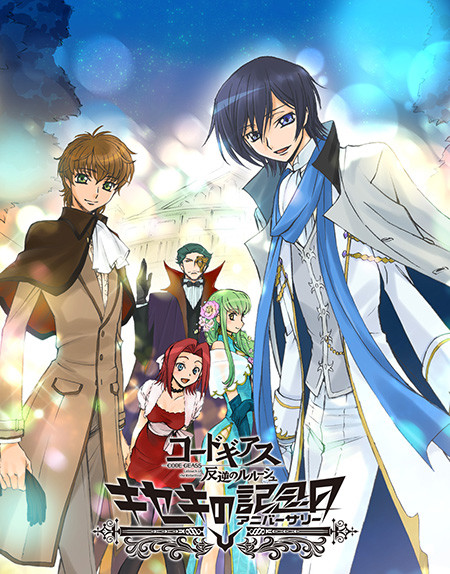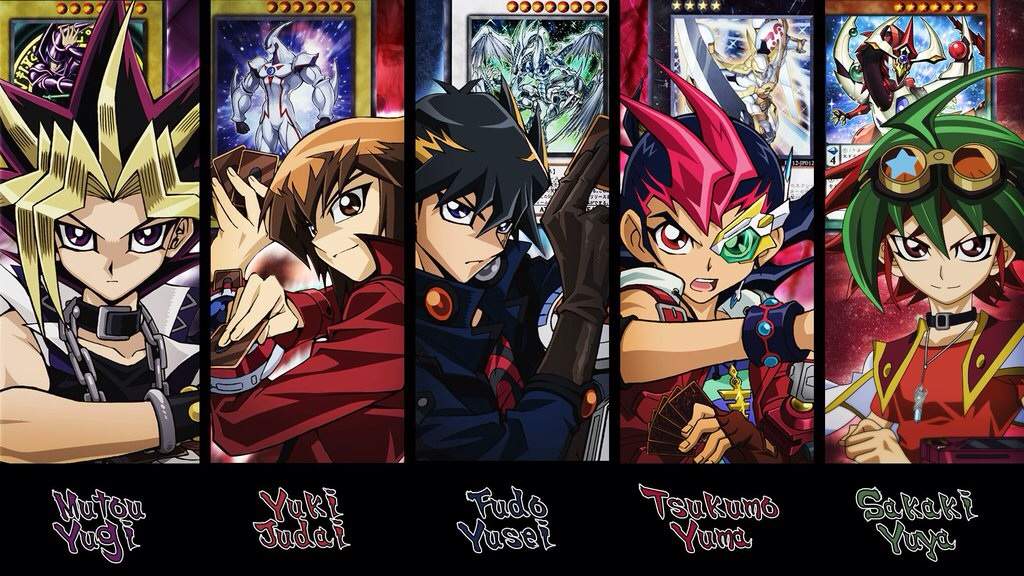Watching anime and reading manga has always been one of my favourite pastimes; it was a huge part of my childhood, where I would watch weekly episodes with my siblings (when anime still aired on television!). On November 27, one of my all-time favourite anime — Code Geass— announced a sequel to their first and second seasons, which consisted of 25 episodes each and aired in 2006 and 2008 respectively. Just as a background for some readers who haven’t heard of Code Geass before, the anime centers on an exiled prince of the Holy Empire of Britannia, who becomes involved in the conflict between Britannia and Japan. His life takes a turn when he meets a mysterious girl and gains a supernatural power called Geass. The first two seasons of Code Geass are about the main character’s experiences in the pursuit of revenge. The conclusion to this series comes as a three-part compilation anime film series— the first of which is expected to be released next year!

Of course, I was absolutely ecstatic at first— who wouldn’t want to watch their favourite characters in action again, set in the same world and facing brand-new problems? However, after consideration, this announcement about lengthening the Code Geass franchise is eerily similar to some other anime— Yugioh!, Pokemon, Naruto, SAO or Fairy Tail anyone? These anime/manga have many seasons under their belt that may involve a new saga of characters or be set some time in the future. It makes sense to continue a franchise that is already extremely successful among viewers— however, at what point is it ready to drop the franchise instead of milking as much money from it as possible?
A classic example of this is Yugioh!, which was one of my favourite anime (and card games!) as a child. The original Yugioh! series (featuring the main character with the yellow spiky hair!) managed to complete the storyline in 224 episodes, but several series were made afterwards that featured different characters still set in the Yugioh! world. Yugioh! GX follows the storyline of a boy who enrolls in a dueling academy that was founded by one of the characters in the original series; Yugioh! 5D’s, Yugioh! Zexal, and Yugioh! Arc-V were soon to follow. How were these series kept interesting for the viewers? If you haven’t heard of Yugioh! before, the anime storyline is closely tied to a card game called Duel Monsters (similar to World of Warcraft or Magic: The Gathering). Each consequent anime series introduced a new type of card into the gameplay of Duel Monsters, that have different effects and ways to summon them. Not only does this make the new storyline interesting to watch, but it generates appeal to buy new Yugioh! cards to stay with the current trend and obtain powerful cards for the game.

Personally, I lost appeal in watching the Yugioh! series after completing the original series because it seemed like the company— Konami— was using any means to simply generate more revenue from their initially successful franchise. This is similar to the widely popular Pokemon franchise, which recently released their Pokemon Sun and Moon game last week. There are now seven regions within the Pokemon world: Kanto, Johto, Hoenn, Sinnoh, Unova, Kalos, and Alola. Similar to Yugioh!, I was not big on playing the games but I watched the anime and Ash’s adventures from Kanto to Johto before stopping.

Although I now prefer anime that are short in length, I can appreciate a longer anime if there are still loose ends to tie: I hate cliffhangers as much as the next person! I want to make it clear that the intentions of these companies are not evil; in fact, most of the time viewers want more material. Since meeting the fans’ satisfaction will most likely net the company dough, the situation works out to benefit everyone. I understand that letting go of your favourite show may be difficult, but it seems like excessive fanservice if a popular character died for the storyline and is brought back to life, or an unlikely couple is brought together. There is an unfathomable amount of anime out there, and there is bound to be a similar anime that viewers can move onto after their favourite one ends. Another alternative is reading fanfiction, where continued storylines and unconfirmed ships are made into a fantasized reality!
All in all, if a company is extending their franchise and you’re excited, by all means indulge yourself! But as anime fans, we shouldn’t be demanding companies to continue a series just to satisfy our own desires; sometimes it is good to sit back and admire the anime for what was achieved and how it ended.
Featured Image Source: (1)

